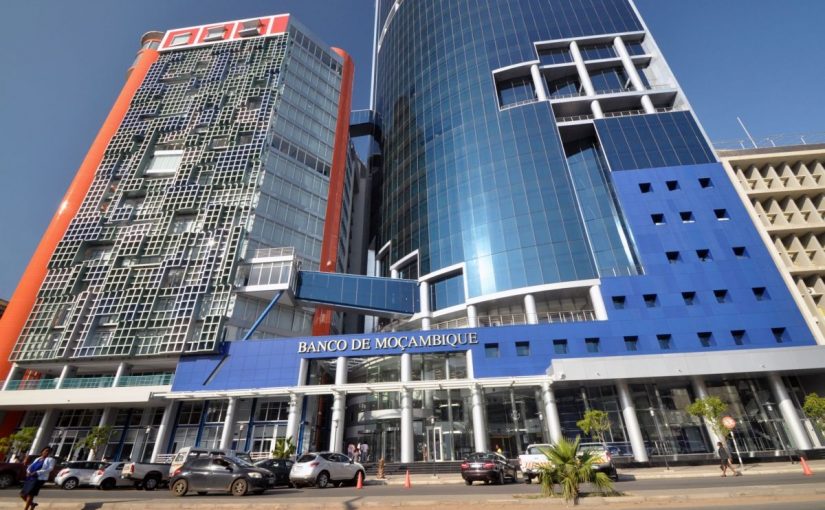Mozambique expects agreements with Portugal to convert debt into green economy projects
Mozambique’s hidden debts’: Economy immune to revelations about the case – central bank

File photo: Lusa
The Mozambican economy has remained unaffected by US justice system revelations about the country’s undeclared debts, the Bank of Mozambique announced yesterday.
The central bank said it is had noted the legal proceedings over the more than two billion dollars’ debt scandal both inside and outside the country. However, despite investors’ mistrust, it has not changed its economic recovery outlook.
“The Bank of Mozambique has been monitoring the situation through our indicators, and what we have noticed is that there have been no major changes since we had our last meeting on monetary policy,” the institution’s new director of communication Silvina de Abreu said.

“We will remain vigilant,” she added, responding to questions posed by Lusa.
Speaking to journalists at a press conference in Maputo yesterday, de Abreu said that the central bank “will not hesitate and will take the measures that are practicable to guarantee the maintenance of macroeconomic stability”.
Former Mozambican finance minister Manuel Chang, three former Credit Suisse bankers and an intermediary of the company Privinvest have been detained since December 29 in a variety of locations at the request of the US court.
The indictment contains detailed disclosures in the case of Mozambican state-guaranteed loans taken out in favour of state-owned enterprises Ematum, MAM and Proindicus between 2013 and 2014, and concludes that they served corrupt ends and were part of a money-laundering scheme to enrich suspects.
By 2016, the revelation that the state had given its undisclosed endorsement to loans to the three maritime safety and fisheries companies amounting to US$2 billion led to the suspension of various lines of international financial support.
The case contributed to the deterioration of the country’s economic prospects, worsening a pre-existing crisis and prompting a strong devaluation of the Mozambican currency, the metical – a scenario reversed the following year by the intervention of the central bank.












Leave a Reply
Be the First to Comment!
You must be logged in to post a comment.
You must be logged in to post a comment.